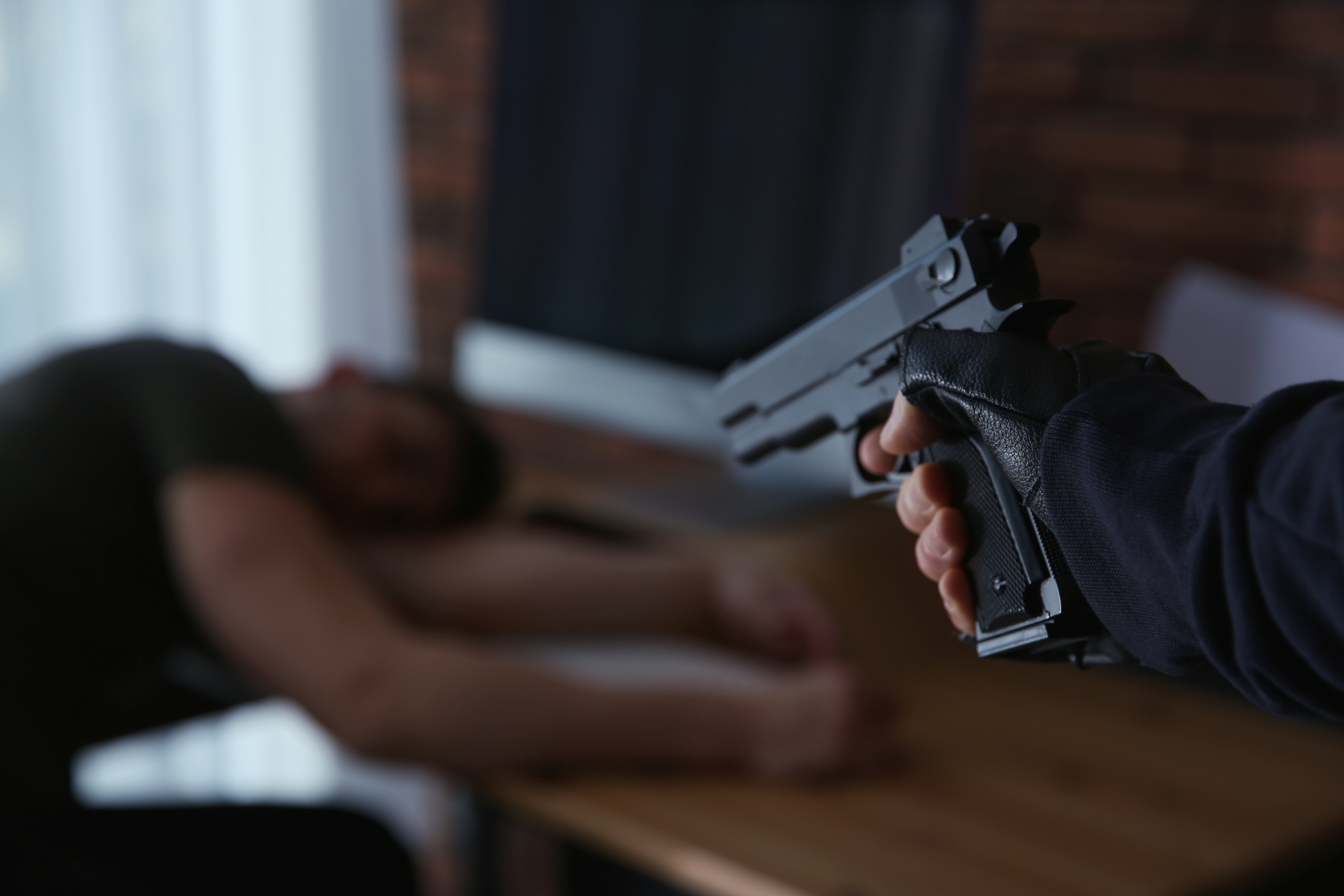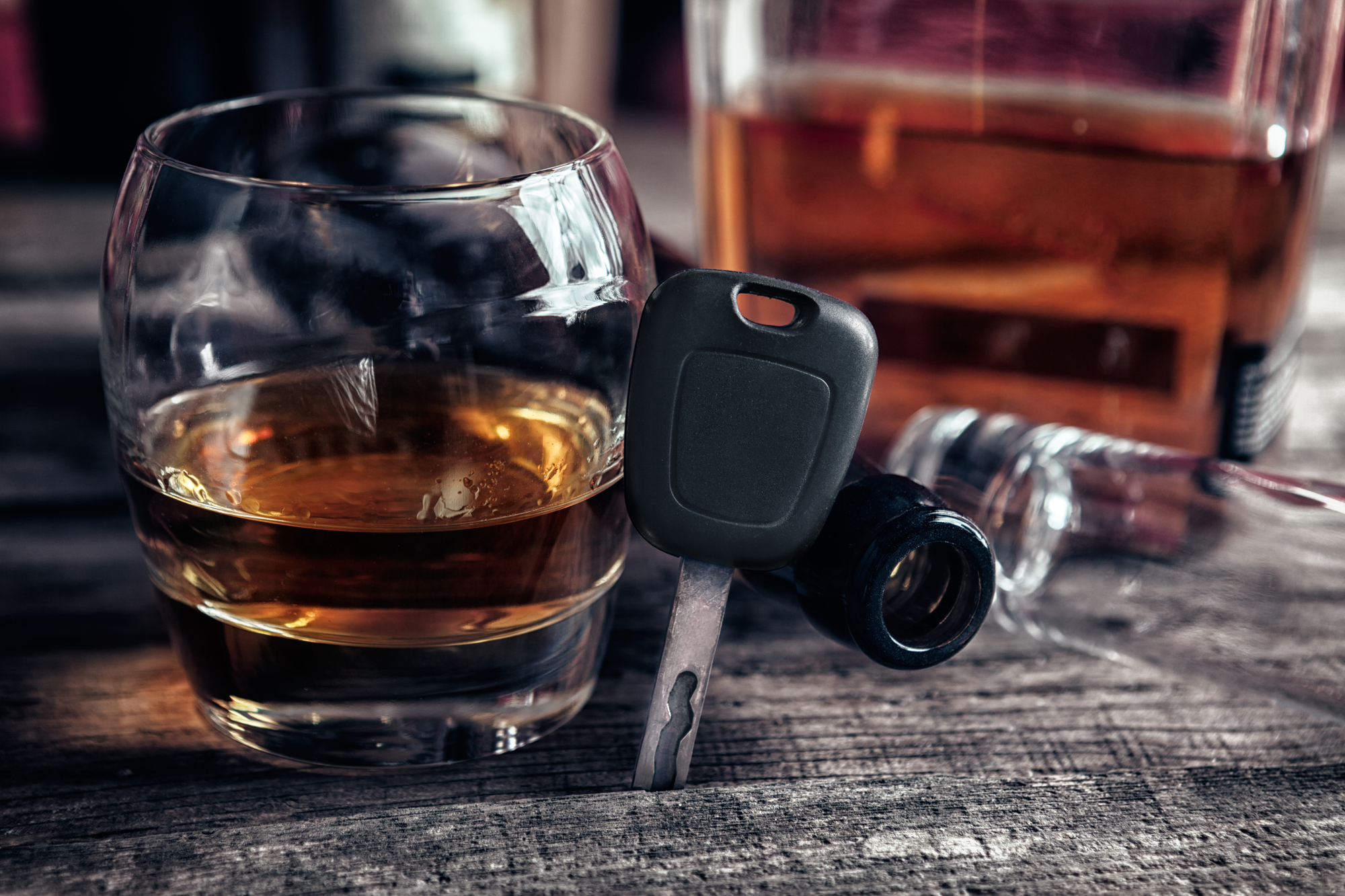What is Aggravated Assault in Florida?
According to Florida law, aggravated assault consists of four elements:
- One party intentionally threatens, by word or act, to commit violence against another.
- The threatening party appears to have the ability to carry out the threat.
- The threat causes a well-founded fear in the other party that violence is imminent.
- The assault was perpetuated either with a deadly weapon or with a conscious intent to commit a felony.
In short, aggravated assault involves the additional act of using a deadly weapon or the intent to commit a felony.
What is Considered a Deadly Weapon?
While guns, knives, and even automobiles may first come to mind when thinking of a deadly weapon, far more objects can be used to cause harm or fear than just these three. A deadly weapon is any object that can be used to cause another person serious bodily harm or death. Besides the obvious guns and knives, Florida law also recognizes these other objects as deadly weapons:
- Any solid item that may be used to strike another, causing severe injury or death
- Motor vehicles
- Fireworks
- Glass bottles
- Steel-toed boots
- Brandishing a pocket knife
- Hammer or crowbar
- Baseball bat
What is Intent to Commit a Felony?
The intent to commit a felony, refers to the conscious decision by the offender to cause serious bodily harm or death to the victim. When an aggravated assault case is presented at trial, the intent to commit the felony is the essence of the charge and what the State must prove.
What are the Penalties for Aggravated Assault
The penalties an individual may face can vary depending on the circumstances surrounding his or her case. Penalties for a typical aggravated assault include:
- Prison for up to five years
- Monetary fines of up to $5,000
- Up to five years of probation
- Restitution
What are the Penalties for Aggravated Assault With a Deadly Weapon?
Anytime a weapon is present during a crime, the penalties increase. Florida recognizes aggravated assault with a deadly weapon as a third-degree felony and imposes strict penalties even for a first offense:
- First offense: Up to five years in prison or probation and a fine of up to $5,000
- Second offense: A second conviction within five years of completing a sentence could result in a minimum of five years and up to ten years in prison
The State of Florida requires mandatory minimum sentencing whenever a deadly weapon is used for specific crimes. Mandatory sentencing includes:
- Assault with a deadly weapon: Minimum of three years in prison
- Battery with a deadly weapon: Minimum of ten years in prison
- Assault or battery with a semi-auto weapon or machine gun: Minimum of 15 years in prison
Florida considers possessing a firearm or other deadly weapon when involved in a crime to be a punishable offense. Similarly to the way using a deadly weapon elevates penalties associated with aggravated assault, so does the use of a firearm. Mandatory minimum penalties are enforced whenever a firearm or deadly weapon is discharged and fired during an aggravated assault or battery. Those penalties include:
- Minimum 20 years in prison
- Minimum 25 years in prison if the discharge of the weapon resulted in death or other great bodily harm
When is Aggravated Assault With a Deadly Weapon Higher Than a Third-Degree Felony?
While aggravated assault with a deadly weapon is typically charged as a third-degree felony, it can be considered a second-degree felony if the act is against special victims. This comes with a maximum sentence of 15 years in prison. Special victims are deemed to be specific public servants who suffer attacks when engaged in professional duties, including:
- Police officers
- Firefighters
- Public transport employees
- Emergency healthcare providers
- Parking enforcement officers
- Code inspectors
Special victims who do not need to be performing professional duties at the time of assault include:
- Investigators or other employees of the Florida Department of Children and Family Services
- School employees
- Persons over 65 years of age
- Elected federal, state, or other local officials
- Detainees or visitors in a correctional facility
What are Possible Defenses to Aggravated Assault With a Deadly Weapon?
These types of cases are often easily defendable in the absence of physical injuries and due to disputes on how the events occurred. Some common defenses include:
- Self-defense
- Justifiable use of force to defend others
- Justifiable use of force to defend property
- Necessity or duress
- Stand Your Ground defense
- False allegations
- Lack of provable intent to threaten
- Inability to carry out the threat
- Insufficient evidence of intent to commit a felony
- The object involved is not considered a deadly weapon
- Proving the defendant conducted themselves in a threatening manner
- Unfounded fears by the alleged victim
What is the Difference Between Aggravated Assault and Aggravated Battery?
While Florida law recognizes assault and battery as two separate crimes, they may be committed concurrently. The main distinction between the two is that assault involves fear of immediate harm, and battery involves intentional, unwanted contact. For example, suppose an individual holds a baseball bat and threatens another person. In that case, the threatened person will have a fear of harm, and an assault has occurred despite there being no physical contact. Battery would involve striking the individual with the bat. Thus, assault requires intent to cause harm, whereas battery entails causing harm.
Do I Need an Attorney?
Do not take on the court system alone. We are here to help. Call Panella Law Firm today at 407-233-1822 or fill out a contact form for a free consultation.


